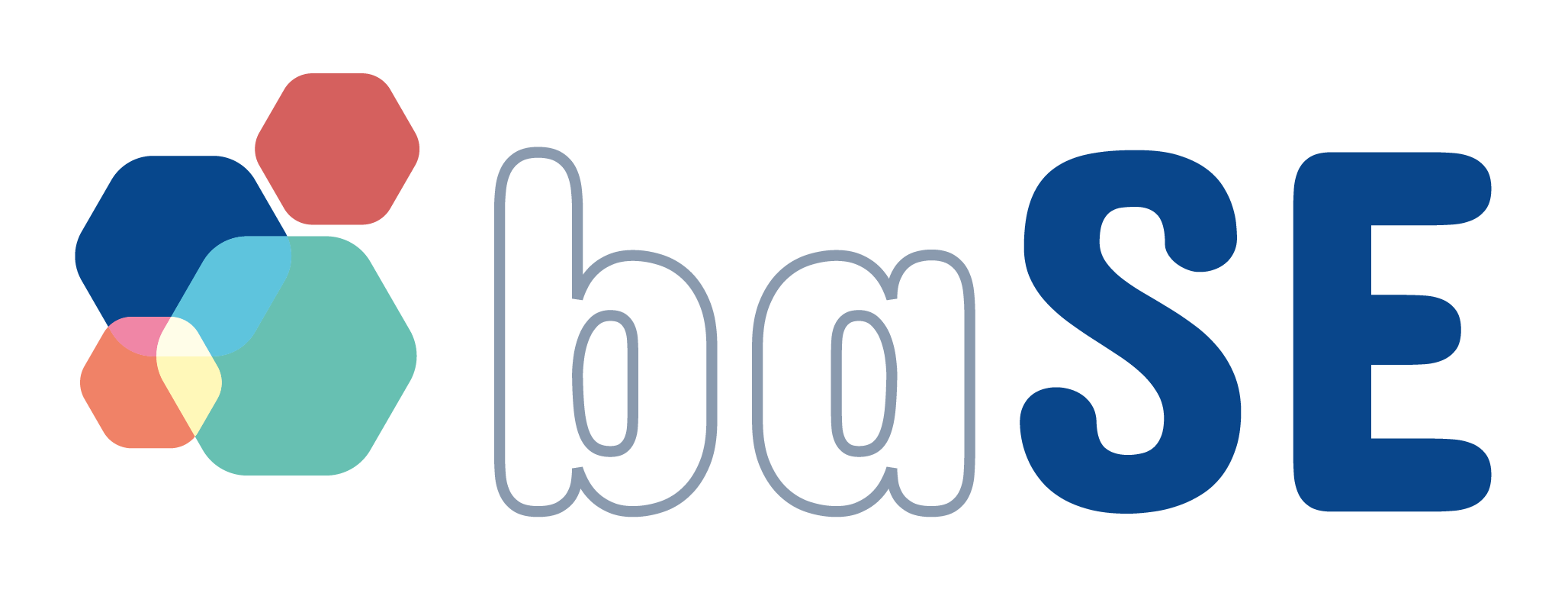baSE

Blueprint for advanced skills & trainings in the social economy
Erasmus+ KA2 – Knowledge Alliances – Blueprint Projects
101055640
3.995.887 €
09/2022 - 08/2026 (48 months)
Spain, Belgium, France, Italy, Ireland, Poland, Greece, Slovenia, Germany, Romania
Visit the Project's Website
Follow the project on Social Media
baSE
The baSE project enables knowledge share among higher education, vocational education and training with social economy actors who contribute to the social economy ecosystemic growth. It addresses skills mismatches and provides new skills with regard to occupational profiles in the SE sector.
In a nutshell, baSE implements sectorial and cross-sectorial activities within broader socio-economic environments such as:
- Research and Training Needs Analysis of the Social Economy Ecosystem
- Design of a SocioEconomic Competence Framework to enrich the catalogue of existing Competence Frameworks like DigComp, GreenComp, EntreComp etc.
- Design of base curricula & Occupational Profiles targeting the Social Economy Sector (adapted to National and Regional/local level)
- Implementation of training pilots (delivery of training content and teaching training methodologies)
Within this context, the project contributes to the implementation of the Pact for Skills and the European Pillar of Social Rights Action Plan, while it creates a multistakeholder community of 25 partners in 10 different countries.
Objectives of the project
The BASE project has four principal objectives to fulfil the strategy framework (Alliance for Innovation):
1. Provide the identification of skills needs for building relevant training and curricula and implementing new vocational education content and pedagogical methodologies, across the sector.
2. Identify, develop and promote upskilling schemes, and training tools, to establish a more diverse Workforce.
3. Establish a European Alliance to share processes, knowledge and practices and secure political support for mobilizing policymakers and key stakeholders at the EU and national level through the involvement of a broad range of stakeholders: social economy enterprises, educational institutions, training providers, research institutions, social partners and social economy experts.
4. Socio-economic regeneration of the territories by (1) boosting local economies and (2) bringing social innovation to tackle the societal challenges of local communities. (social economy enterprises have a multiplier effect of bringing economic growth with social impact).
Expected Results
With the implementation of the “Base” Project Activities the following results are expected to be achieved:
- Increase awareness and analysis of country-specific skills gaps in the SE sector.
- Enhanced relationship between education institutions, VET providers and social economy employers.
- Improved leadership, digital and green skills, across Social Economy
- Approx the total of 2,000 individuals trained across Europe in digital, green skills, through pilot training based on 4 tailored competence-based curricula.
- Approximately 1,000 individuals trained across Europe in pilot training in Green skills, Transversal Skills (soft skills including collaboration, problem-solving etc) and Entrepreneurial skills
- 250 individuals trained in eight countries across diverse industries within the SE sector (i.e. tourism, production of sustainable energy, waste management, agriculture etc.)
Project Activities
The distribution of activities and outputs is briefly given below:
- WP1 Project Management & Coordination, Quality Assurance and Evaluation – led by MGEP
- WP2 Into the Future on Social Economy Skills Strategy – Skills Intelligence Gathering – led by the University of Liège
- WP3 Creation of “SocioComp” – Social Economy Competence Framework and establishment of an Occupational Profile (OP) for the Social Economy Practitioner led by AKMI
- WP4 Design of 4 Baseline Curriculum for Social Economy Skills- led by ENAIP
- WP5 Testing/ Piloting of training programmes (Training and Education) – led by Mondragon Corporation
- WP6 Roadmap towards sustainability and impact (Critical revision) – led by Social Economy Europe
- WP7 Dissemination and Outreach – led by Diesis Network
Project Partners
- European Association of Institutes for Vocational Training (EVBB) – Lead Partner (Germany)
- AKMI SA (Greece)
- BK CONSULT GmbH (Germany)
- Mondragon Unibertsitatea – MGEP (Spain)
- Diesis Network (Belgium)
- Social Economy Europe (Belgium)
- Mondragon Corporation (Spain)
- ConcertES (Spain)
- University of Liège (Belgium)
- ESS-France (France)
- AgroParisTech (France)
- LEGACOOP SOCIALI (Italy)
- AICCON (Italy)
- ENAIP NET (Italy)
- The Wheel (Ireland)
- FISE (Poland)
- SZOWES (Poland)
- Symplexis (Greece)
- CLNR (Romania)
- ADV Romania (Romania)
- INNOVA eG (Germany)
- UNI HILDESHEIM (Germany)
- DOBA Business School (Slovenia)
- EVTA (Belgium)
- EUROCERT (Romania)


